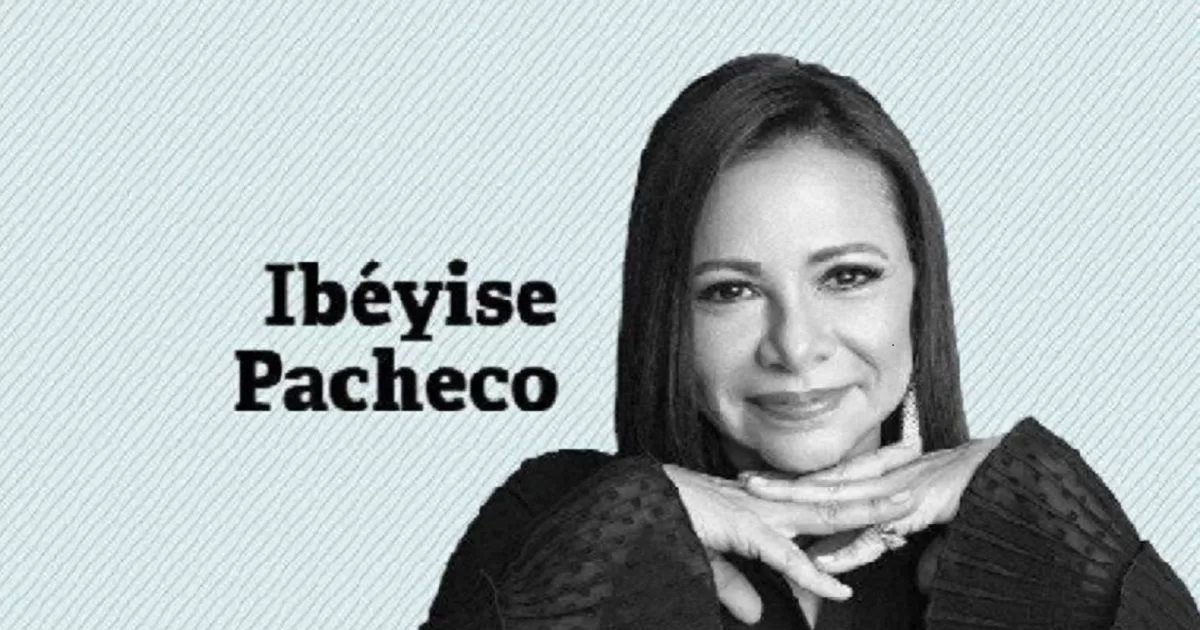They were on the Union Radio program moderated by Román Losinski, who with skill and respect let them speak. Listening to them, I perceived the guests to be so sibylline that I looked for the image. Jorge Botti and Jorge Roig, both former presidents of Fedecámaras, spoke relaxedly about the country’s prospects for this year. Talking about this topic in a Venezuelan media is like walking barefoot on glass: the risk of saying something that upsets the regime is high. With them that danger was ruled out, on the contrary, his position was absolutely convenient for Nicolás Maduro.
Let’s say that Botti and Roig can be considered representatives of an important part of the Venezuelan business community. And let’s also say that within their rights as citizens concerned about their capital – which has no heart – and perhaps holding their nose and closing their eyes, they have decided to make good friends with the regime.
The core of the interview was revealed by Botti when he launched the 2025 parliamentary election as the most important future political scenario, betting on coexistence and the regime’s unlikely decision to engage in politics. As if it were easy to forget how Madurismo illegally crushed the National Assembly in 2015 because the opposition had achieved a large majority!
In 20 minutes, Botti and Roig expressed what was necessary to earn the rejection of a large part of Venezuela that is a victim of the regime in every sense and that aspires to soon regain freedom.
“We need an election that serves the country, that does not necessarily equate to political change. Political change is not urgent,” said Botti. And social networks exploded: 24 years of this disgrace called Chavismo and Botti does not see political change as necessary.
Roig was not far behind. “This government has demonstrated political skill to remain in power for so many years.” Violating human rights, committing crimes against humanity, violating the rule of law, censoring the free press, operating with organized crime, destroying the productive system, etc., is political skill?
I was struck by the terms used by the two guests, and even more so by the deliberately discarded words. For example, for Roig the desired elections must be competitive; he never referred to free elections. Botti, for her part, described María Corina Machado (left in the background in her dissertation) as an emerging figure who, in the absence of a platform, “has not yet become a true option for power.” For Botti, this alternative is a distant and gigantic step.
Roig, who was a member of one of the several negotiating tables, was optimistic about the lifting of the sanctions, although like his bandmate, he declared himself skeptical of the opposition’s performance, referring to it as a third-rate team.
The optimism of both shows coexistence with the regime, as some colleagues from the business source have revealed. Anyone who listened to them could say that some businessmen do not necessarily have to care about the situation of critical poverty, the welfare crisis, or the collapse of the educational system. They did their thing, and that is how they were perceived when they assured that all the signs indicate that the economy is going to improve.
What the hell, it doesn’t matter that another Tareck El Aissami once again fleeces more than 20 billion dollars.
In fact, his replacement came into action. Alex Saab salivates at his new position: president of the Venezuelan International Investment Center.
Fortunately for the citizens, and it is no small matter, on January 12 the Venezuelan Episcopal Conference made public the pastoral exhortation of its ordinary assembly. The Church, usually careful in diplomatic formality on thorny issues, has never stopped pointing out situations that matter and affect the country.
The document states that in Venezuela there continues to be a humanitarian crisis that can be seen in the impoverishment of the population and the growth of the gap between the few who have much and the many who have little. “It pains us and challenges us to see the suffering of the Venezuelan people in terms of health, education, food, low salaries, corruption, etc., all of this constitutes a flagrant violation of human rights.”
On the electoral issue, the episcopal document requests the recovery of the democratic and participatory principles of the nation. “The preparation and presentation of an electoral calendar that leads to clean and transparent elections is urgently needed.”
Nothing to do with the narrative of the pair of businessmen of competitive elections instead of free ones, and of ensuring that political change is not urgent. Oh my God!


